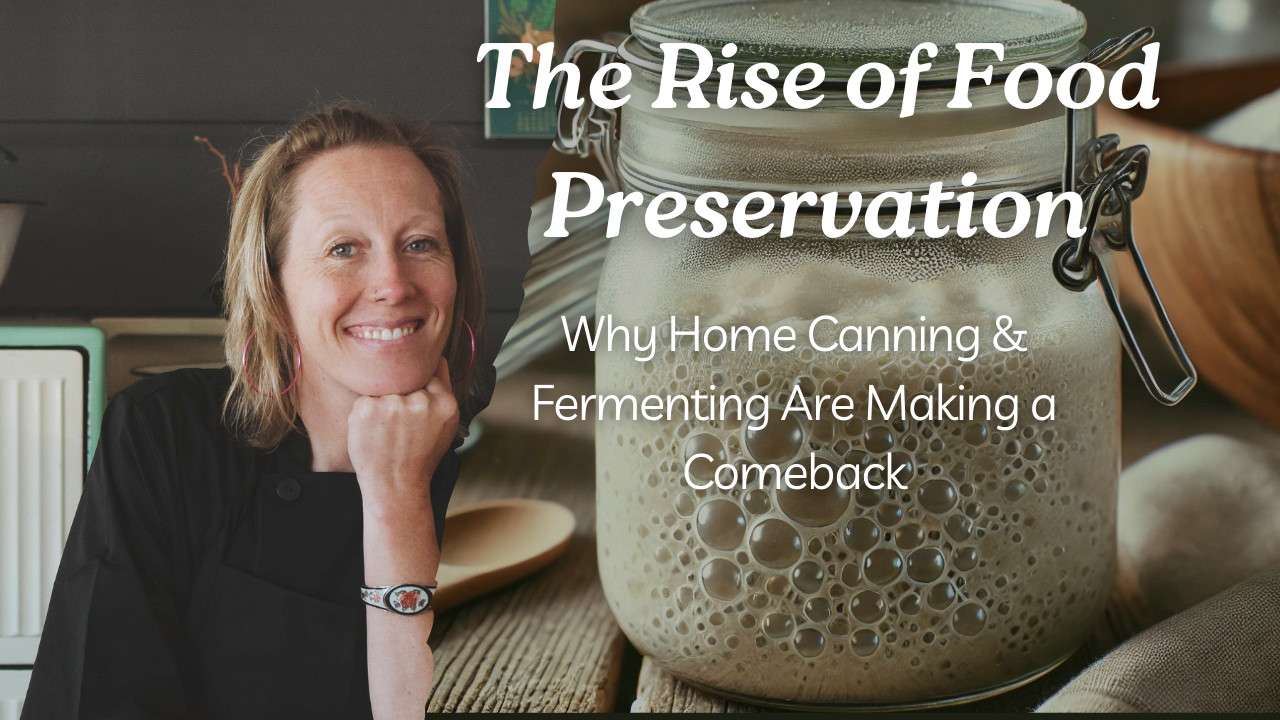
In today’s fast-paced world, more people are turning back to traditional food preservation methods like home canning, fermenting, and dehydrating to create a more sustainable, self-sufficient kitchen. This resurgence is driven by a desire for healthier food storage options, reducing food waste, and avoiding preservatives commonly found in store-bought goods.
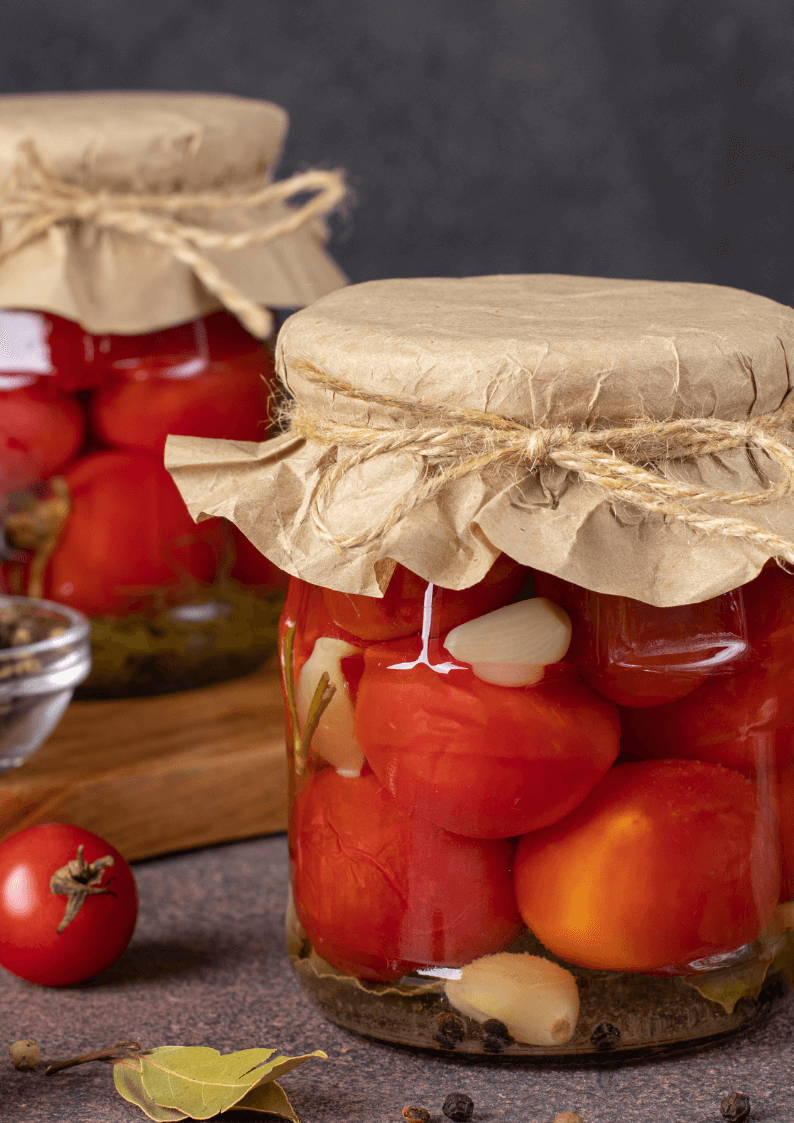
But what exactly is causing this renewed interest in old-fashioned food storage? Is home food preservation just a trend, or is it becoming a long-term lifestyle shift?
Let’s explore why more individuals and families are embracing these age-old techniques and how you can get started on your own food preservation journey.
Why Home Canning, Fermenting, and Dehydrating Are Trending Again
A Growing Movement Toward Self-Sufficiency
The rising cost of groceries, concerns over food shortages, and an increased interest in homesteading and sustainable living have pushed more people toward food independence. With home food preservation, you can store excess produce, create pantry staples, and ensure you have a backup food supply in case of emergencies.
Healthier, Preservative-Free Foods
Store-bought canned foods often contain added sugar, excess sodium, and artificial preservatives to prolong shelf life. By canning vegetables, fermenting sauerkraut, or dehydrating fruit, you take full control over the ingredients, preserving food in a way that retains more nutrients.
Reducing Food Waste and Saving Money
With food prices rising, many families are looking for ways to cut grocery costs. Preserving food at home allows you to make the most of fresh produce before it spoils. Fermenting cabbage into sauerkraut, canning tomatoes for homemade sauce, and dehydrating apples for snacks are just a few ways to extend the shelf life of your food.
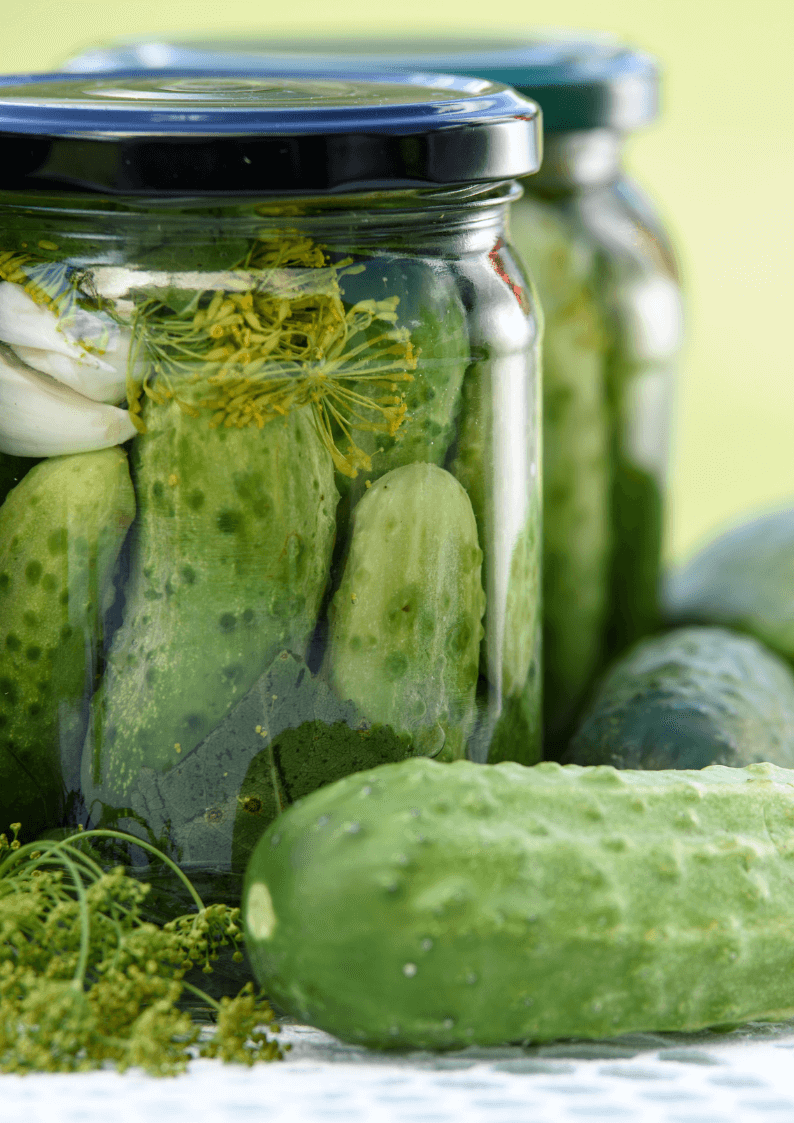
A Return to Traditional Cooking & Heritage Practices
More people are reconnecting with ancestral food traditions, whether it’s reviving old-fashioned canning recipes, making homemade pickles like grandma used to, or fermenting vegetables like our ancestors did centuries ago. These methods not only provide better-tasting food but also help families maintain cultural traditions.
The “Slow Food” Movement and Homesteading Lifestyle
As more families shift away from processed foods and embrace farm-to-table cooking, canning, fermenting, and dehydrating have become essential skills. These old-school food storage techniques support the slow food movement, allowing individuals to cook from scratch, eat seasonally, and support local farmers.
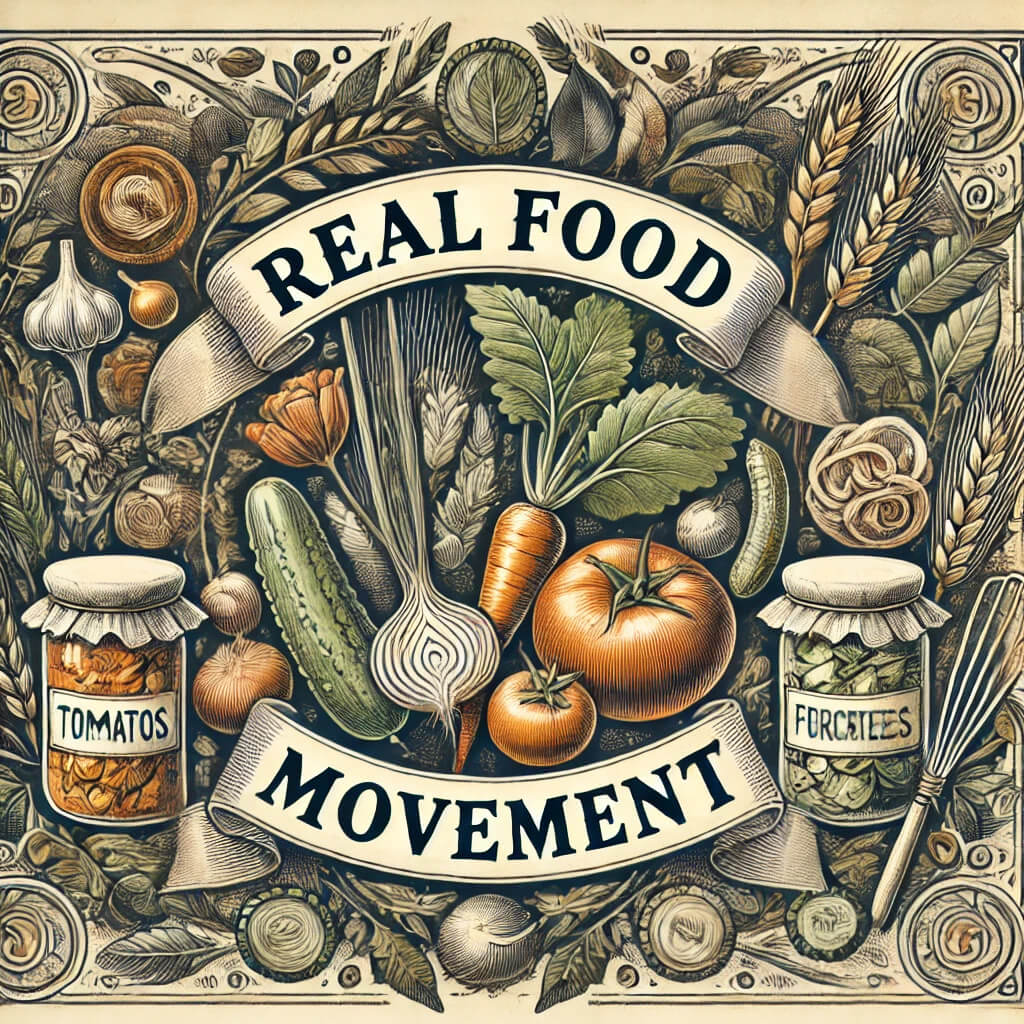
How to Start Canning, Fermenting, and Dehydrating at Home
If you’re ready to join the home food preservation movement, here are some simple ways to get started:
Canning (Water Bath & Pressure Canning)
Best for: Tomatoes, fruits, jams, jellies, pickles, soups, meats
- Supplies Needed: Mason jars, canning lids, water bath or pressure canner
- Beginner Tip: Start with water bath canning for high-acid foods like tomatoes and pickles before trying pressure canning for meats and low-acid vegetables.
Fermenting (Natural Probiotic-Rich Foods)
Best for: Sauerkraut, kimchi, pickles, yogurt, kombucha
- Supplies Needed: Glass jars, fermentation weights, airlock lids
- Beginner Tip: Keep your ferments in a cool, dark place and check for bubbles to track fermentation progress.
Dehydrating (Long-Term Food Storage Without Refrigeration)
Best for: Fruits, vegetables, herbs, jerky, pasta
- Supplies Needed: Dehydrator or oven set to low temperature
- Beginner Tip: Slice foods evenly for consistent drying and store in airtight containers for maximum shelf life.
The Future of Home Food Preservation
As traditional food storage makes a comeback, it’s clear that more people are seeking self-sufficiency, cleaner food options, and sustainable cooking practices. Whether you’re canning garden tomatoes, fermenting homemade sauerkraut, or dehydrating fresh fruit, these skills provide long-term benefits for health, budget, and food security.
At Wylder Space, we’re passionate about teaching traditional food preservation methods that empower you to take control of your food and well-being.
📌 Join our Join our Nourishing Traditions Community for expert guidance, recipes, and workshops on canning, fermenting, and more!


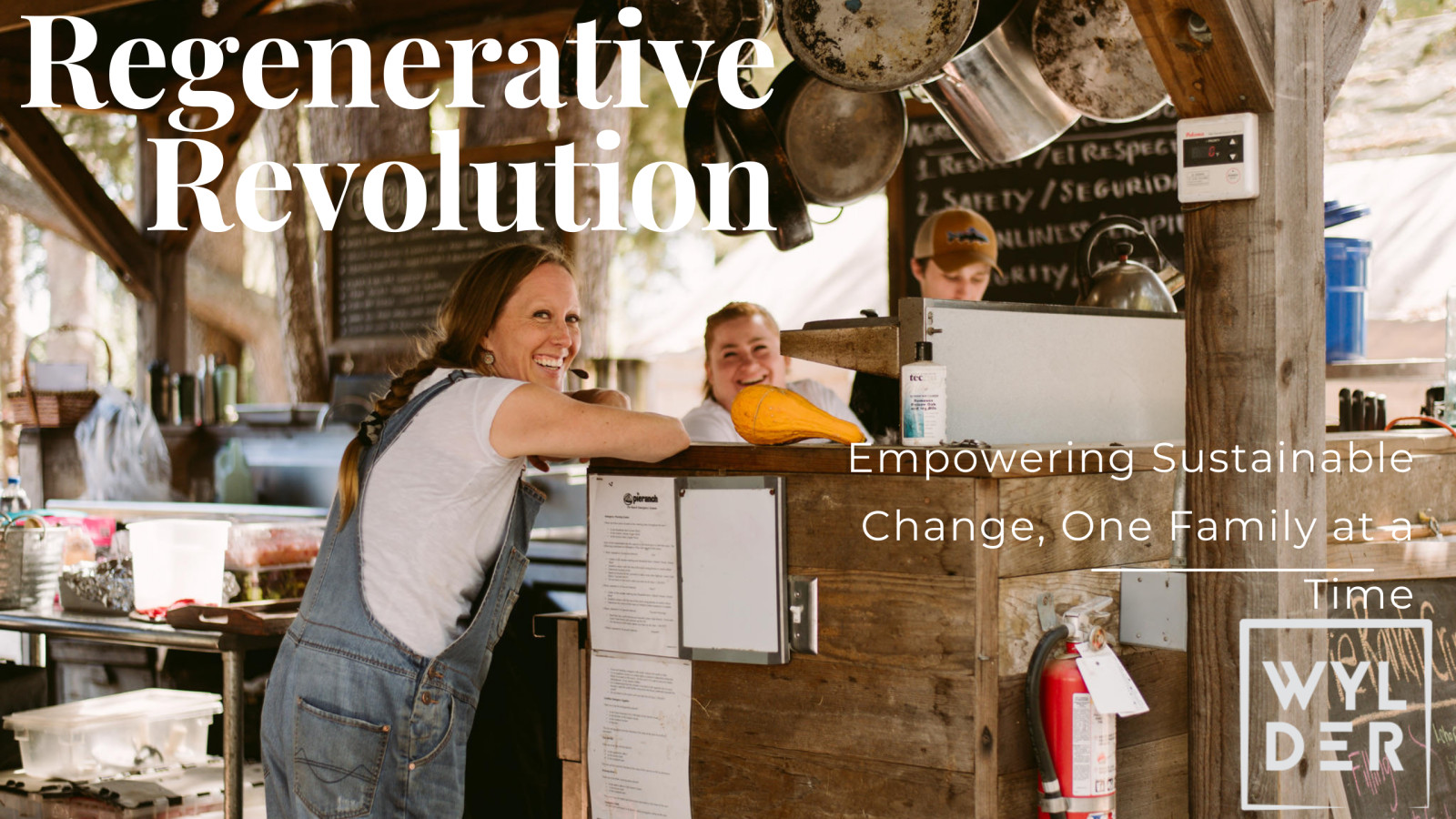

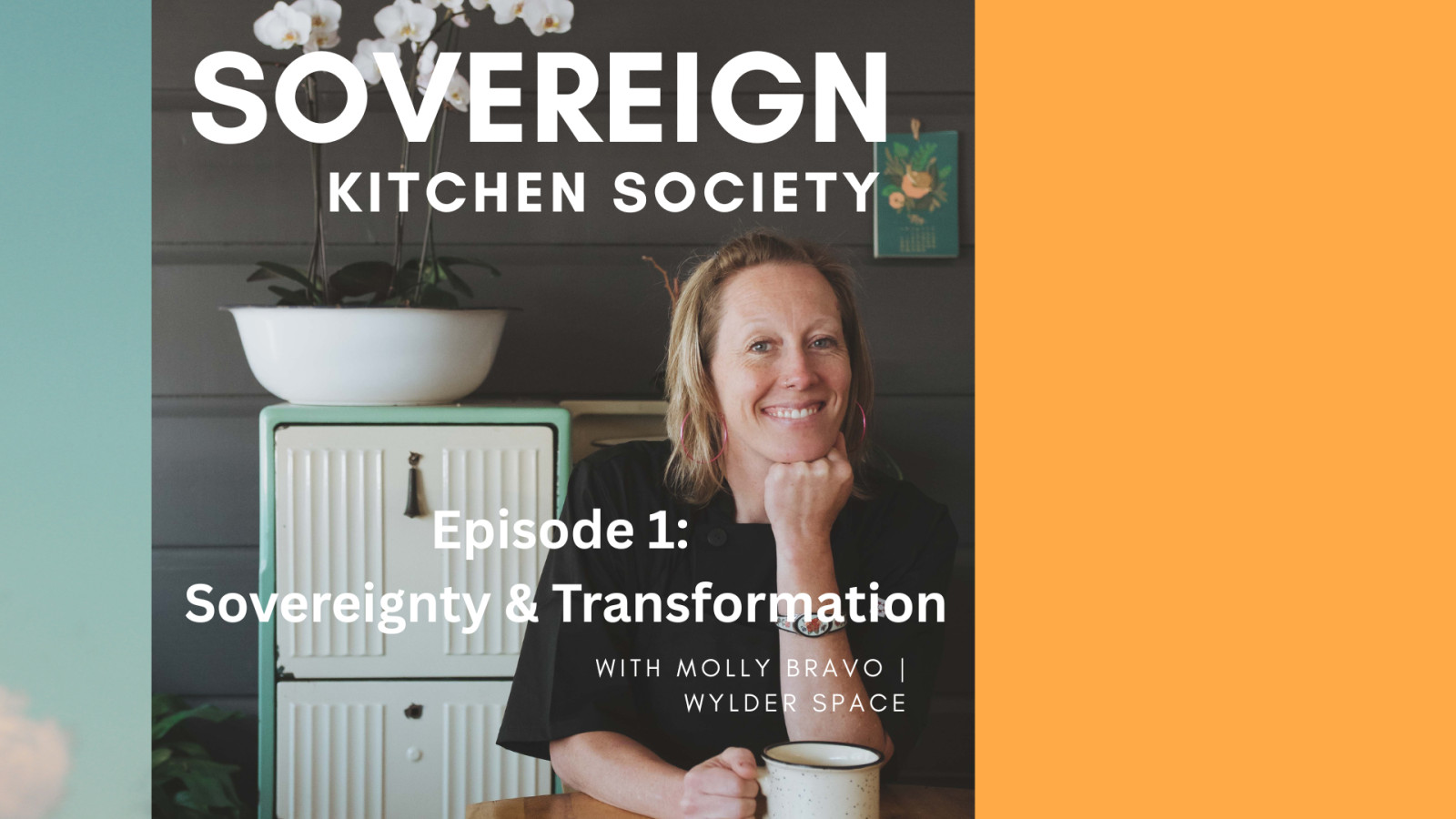
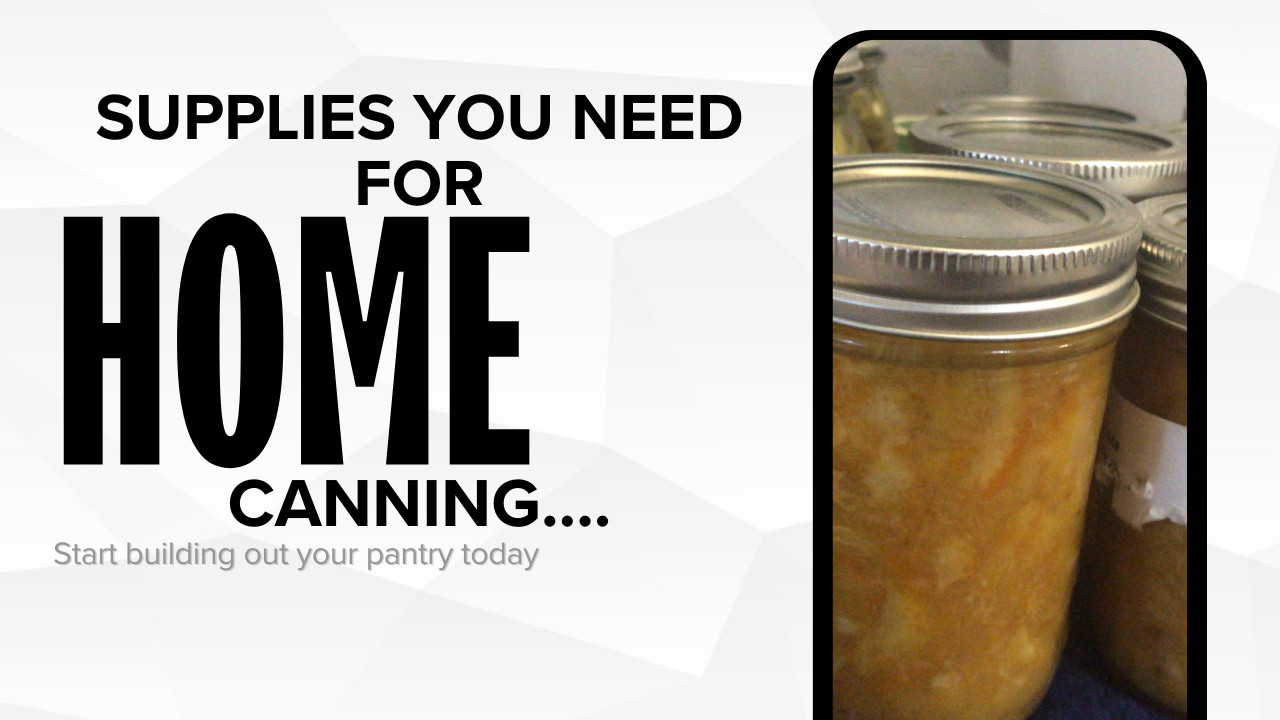
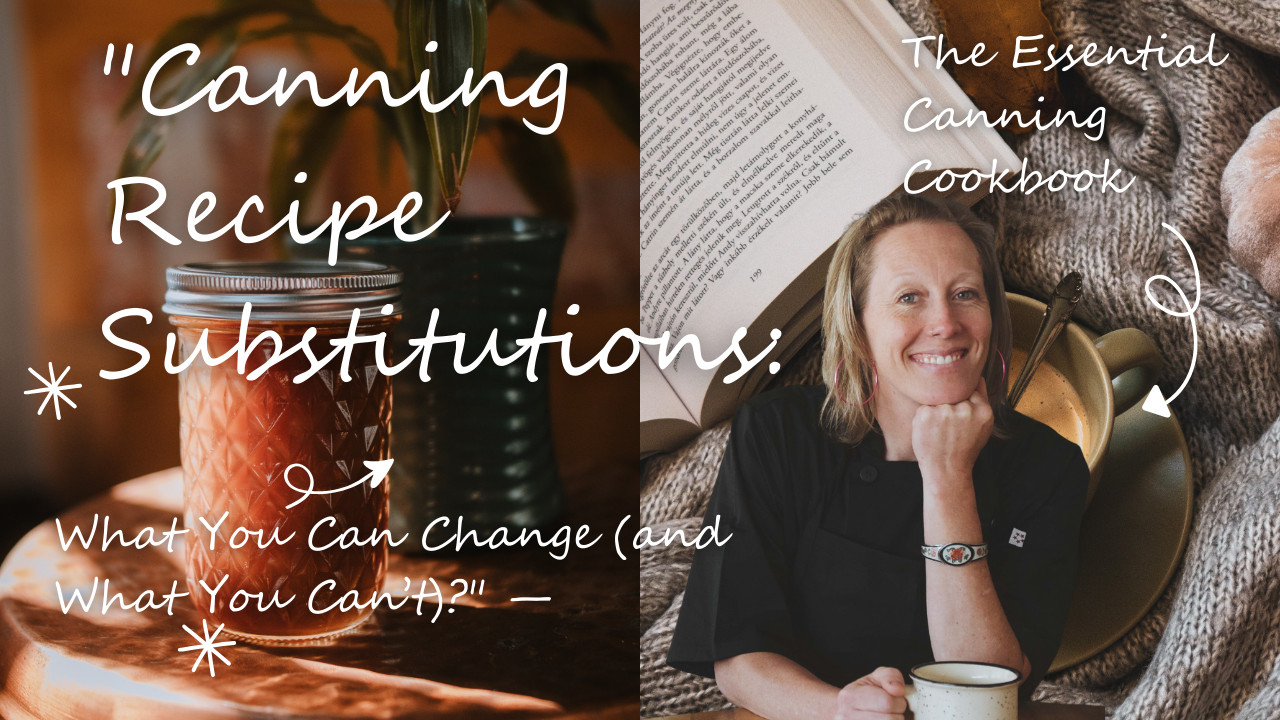
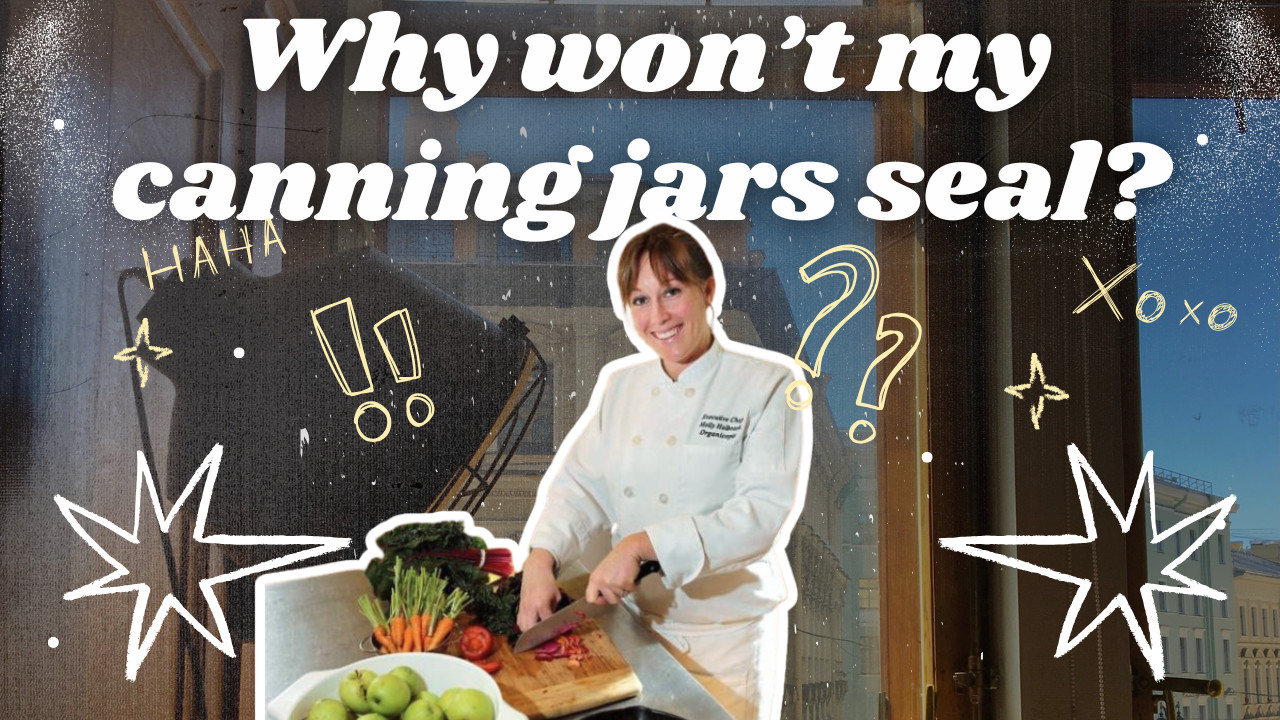

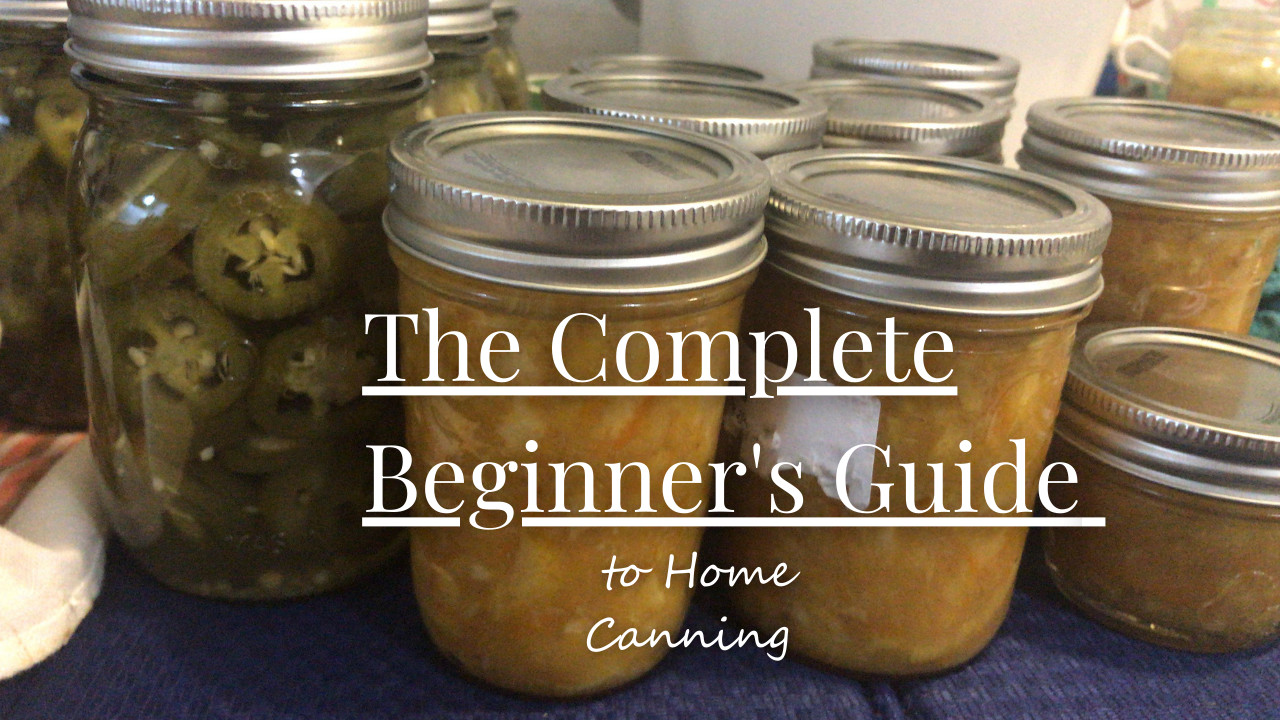
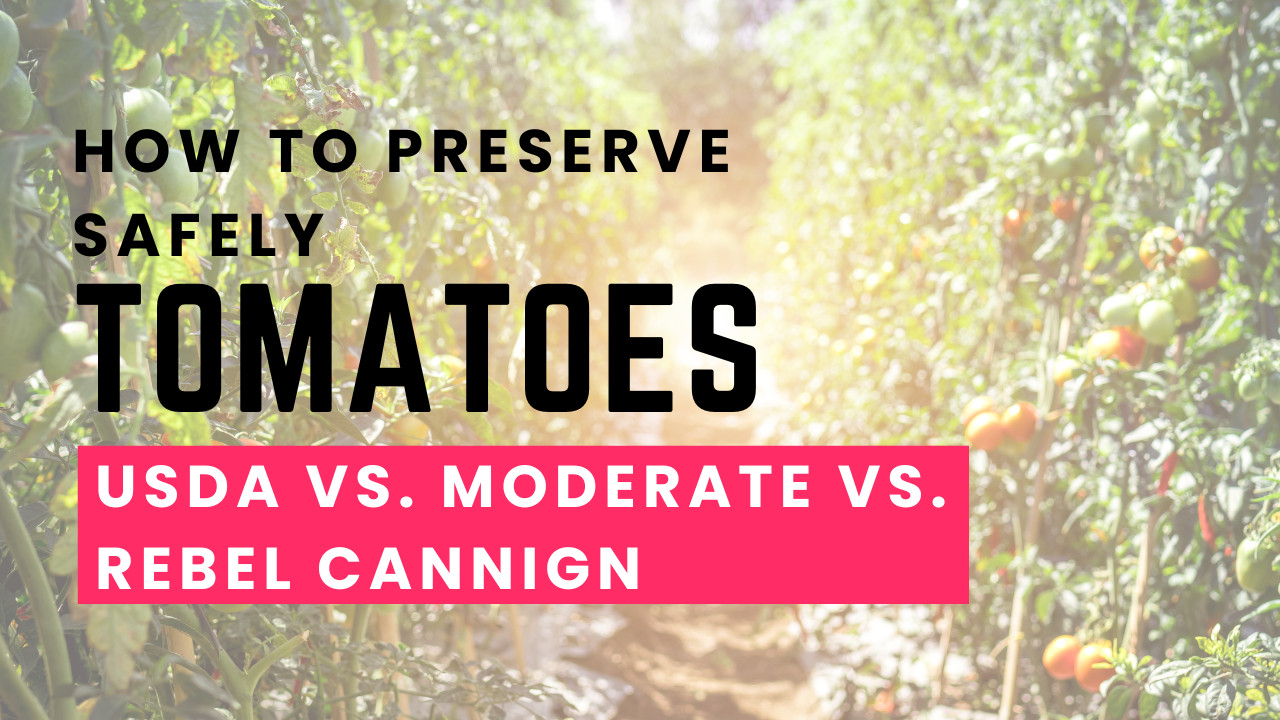
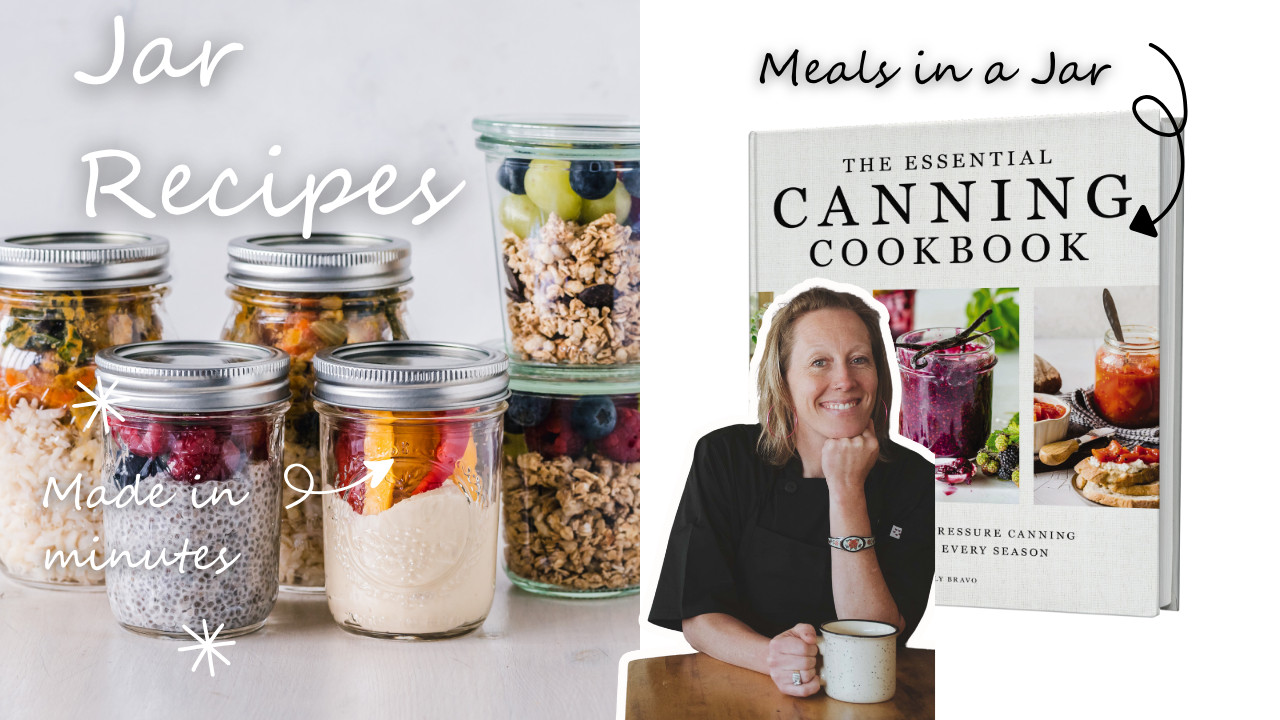
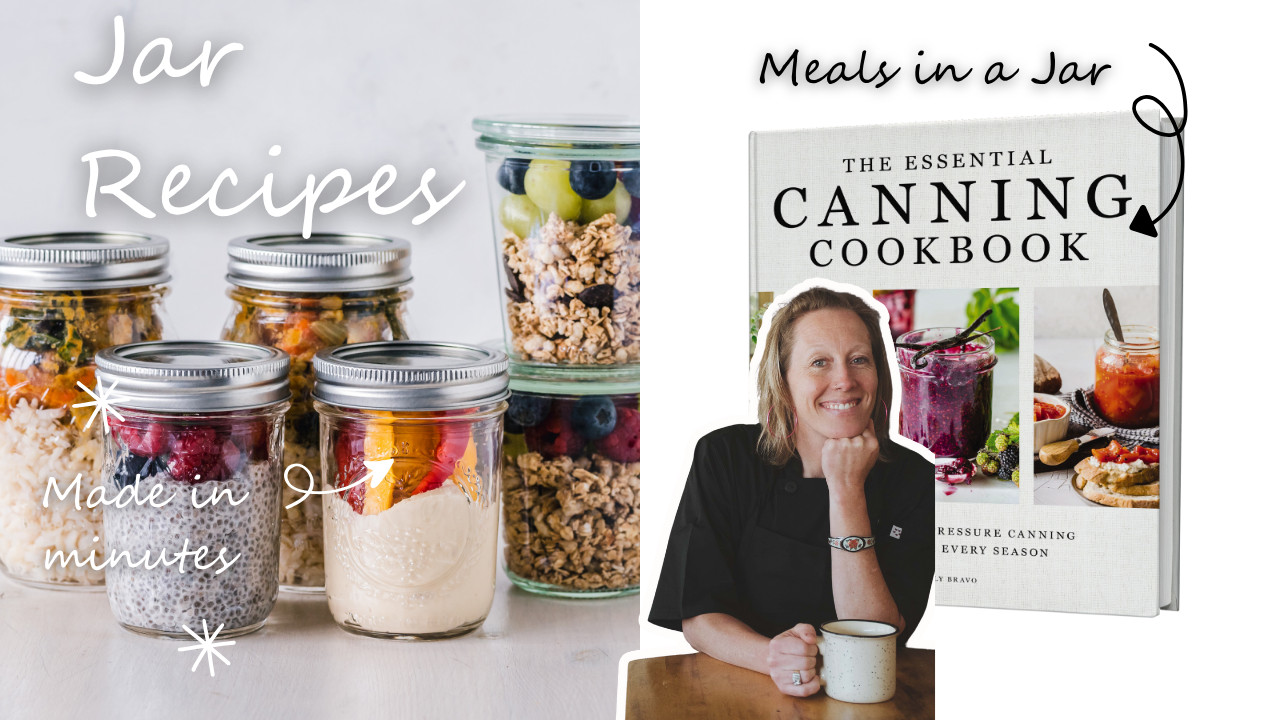
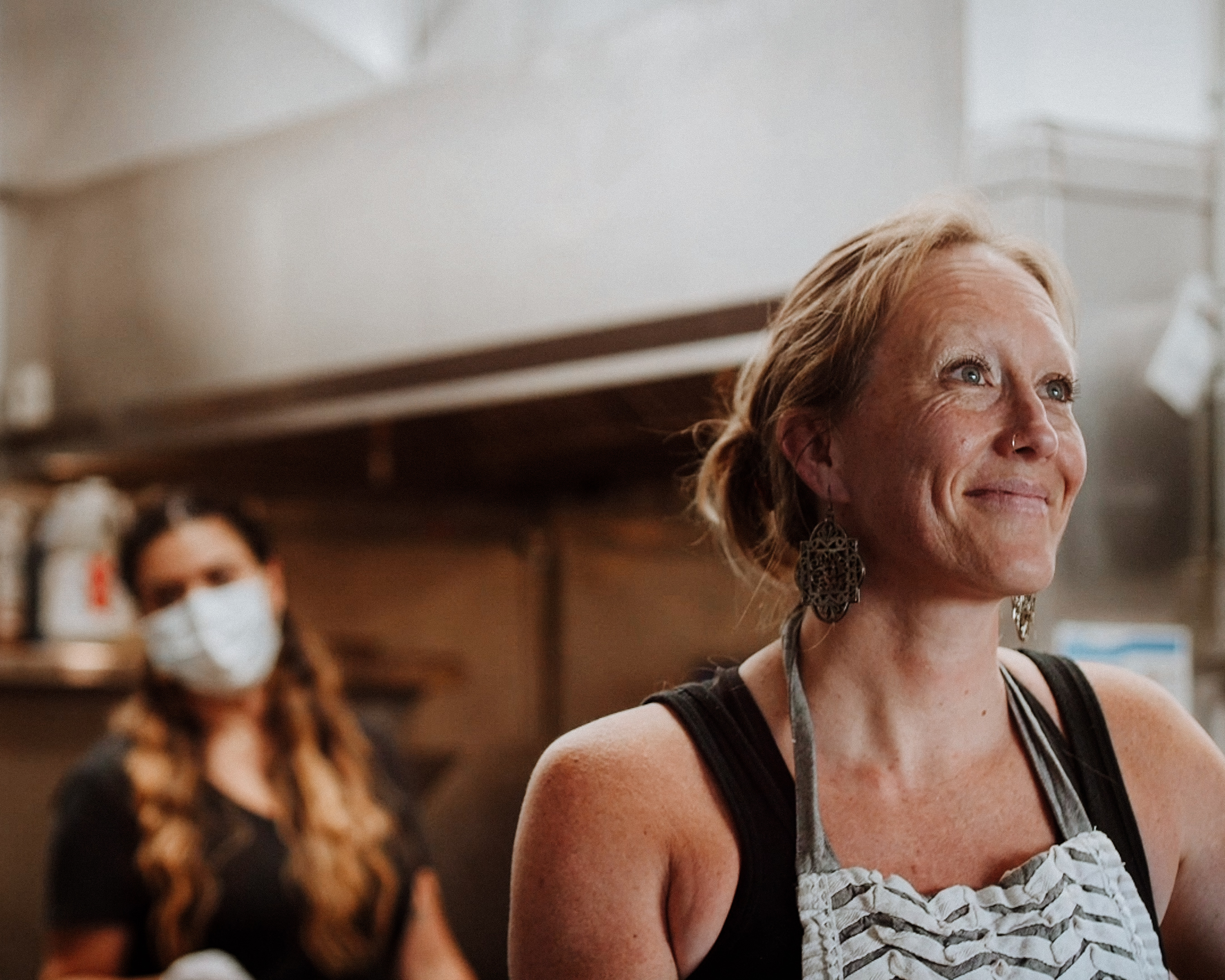
0 Comments